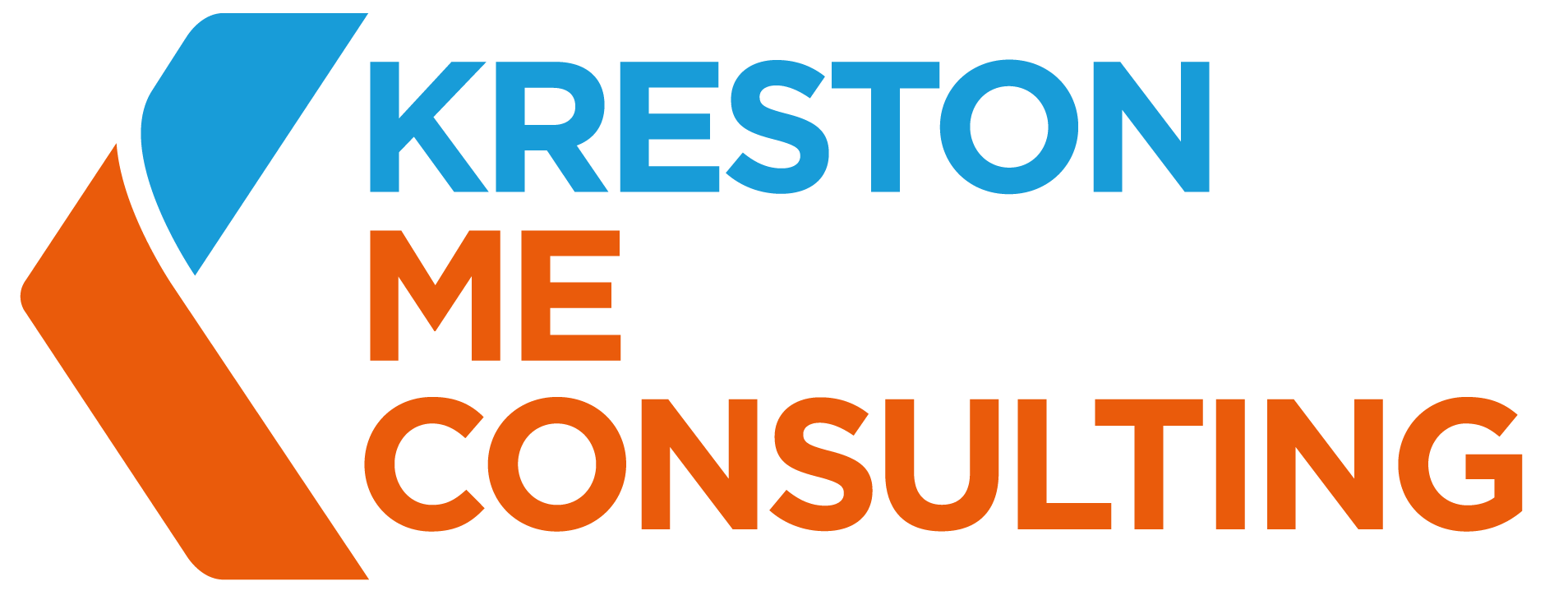Internal Audit
Top-notch Internal Audit services to meet your specific needs
Risk Assessment and Control Evaluation
Internal Control Review
Compliance Audits
Operational Audits
IT Audits
Fraud Detection and Investigation
Get Free Consultation
Benefits
Risk Identification and Mitigation: Internal audits help identify and assess potential risks within an organization, allowing for proactive risk management and mitigation strategies.
Process Improvement: They highlight inefficiencies, redundancies, and areas where processes can be streamlined, leading to enhanced operational efficiency.
Compliance Assurance: Internal audits ensure that the organization complies with relevant laws, regulations, and industry standards, reducing the risk of legal and regulatory issues.
Financial Accuracy: Audits verify the accuracy of financial statements, helping to prevent financial errors and fraud.
Resource Optimization: They assess resource allocation and utilization, enabling better resource optimization and cost control.
Data Integrity: Internal audits verify the accuracy and integrity of data, safeguarding against data breaches and ensuring data-driven decision-making.
Management Accountability: Audits hold management accountable for its responsibilities and performance.
Continuous Improvement: Internal audits foster a culture of continuous improvement within the organization, promoting ongoing learning and development.
Early Issue Detection: They enable early detection of issues, allowing for timely corrective actions to be taken.
Cost Savings: By preventing errors and identifying cost-saving opportunities, internal audits can lead to significant cost savings over time.
F.A.Q.
What is internal audit?
Internal audit is an independent and objective assessment of an organization’s internal controls, risk management processes, and compliance with policies, regulations, and best practices. It helps identify areas of improvement, assesses operational efficiency, and ensures adherence to established standards.
Why is internal audit important?
How does internal audit add value to an organization?
Internal audit adds value to an organization by providing objective insights and recommendations to improve operational efficiency, strengthen internal controls, mitigate risks, and enhance governance practices. It helps organizations achieve its strategic objectives, protect its assets, and drive continuous improvement.
